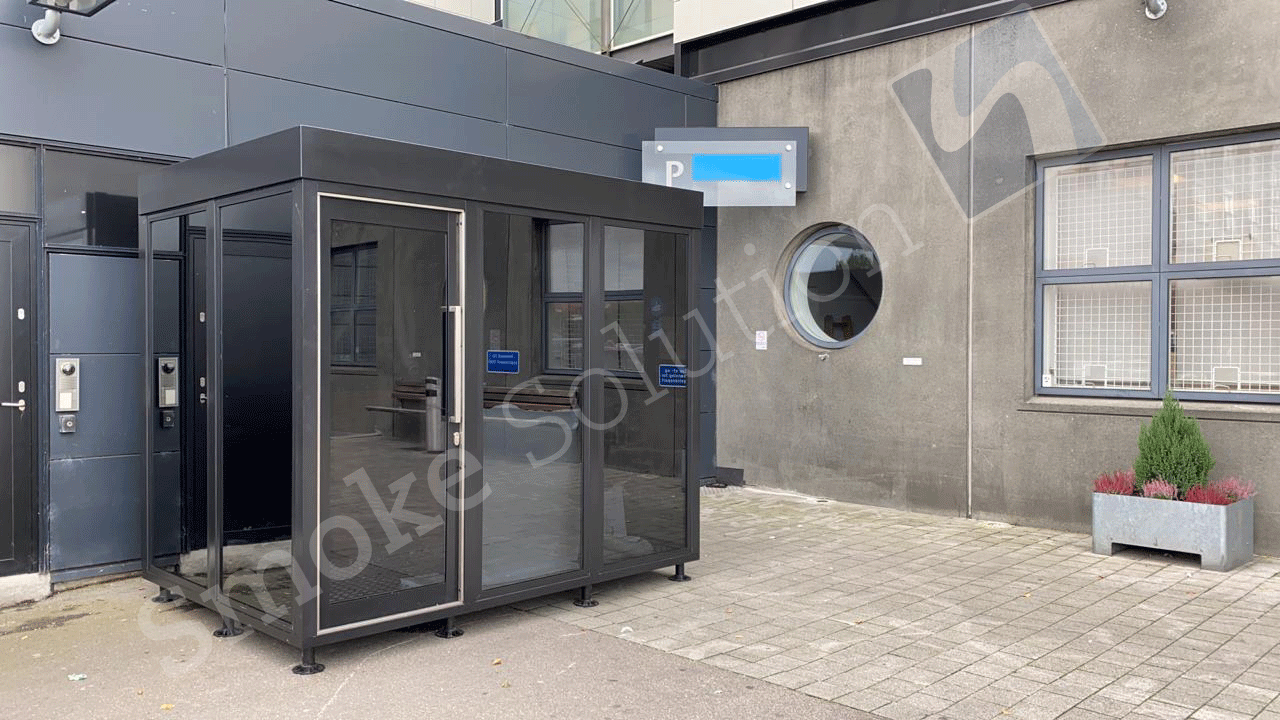In our ongoing pursuit of sustainable alternatives, the production of charcoal briquettes has taken a remarkable turn. Embracing the concept of eco-friendliness, these briquettes are now being made from discarded coconut and nut shells, turning waste into a valuable resource. This article explores the process of creating charcoal briquettes from coconut and nut shells, highlighting their environmental benefits and why they are the ideal choice for those seeking natural fuel options.
Embracing Nature’s Bounty:
Coconut and Nut Shells as Raw Materials: Coconut and nut shells, often overlooked as waste products, possess incredible potential as raw materials for charcoal briquette production. These shells are rich in carbon content and offer excellent combustion properties, making them an ideal ingredient for manufacturing high-quality briquettes. By utilizing these abundant waste materials, we can significantly reduce our reliance on conventional charcoal sources, such as timber or petroleum-based products.
The Manufacturing Process:
Creating charcoal briquettes from coconut and nut shells involves several key steps. Initially, the shells are collected and left to naturally dry, ensuring minimal moisture content. Once dried, the shells are crushed into smaller particles, maximizing their surface area and enhancing ignition capabilities. Next, a natural binder is added to the shell particles, effectively holding them together. This mixture is then compressed using specialized machinery, shaping them into briquettes. Finally, the briquettes are cured in a controlled environment, allowing them to solidify and attain the desired quality.
Promoting Environmental Advantages:
By opting for charcoal briquettes made from coconut and nut shells, you actively contribute to environmental preservation. Unlike traditional charcoal production methods, which lead to deforestation and air pollution, this natural alternative helps conserve forests and reduces greenhouse gas emissions. Moreover, as the raw materials are waste products, their utilization prevents them from ending up in landfills, promoting waste reduction and a circular economy.
Unparalleled Performance and Versatility:
Charcoal briquettes made from coconut and nut shells offer superior performance and versatility. Their high carbon content ensures a longer burn time and consistent heat, making them ideal for grilling and other outdoor cooking activities. Additionally, these briquettes produce minimal smoke and ash compared to traditional charcoal, resulting in a cleaner and more enjoyable grilling experience. Furthermore, they can be used in various cooking methods, including barbecuing, smoking, and even charcoal-based water filters.
Conclusion:
As the global consciousness shifts towards sustainable solutions, charcoal briquettes made from coconut and nut shells emerge as an environmentally friendly choice. By repurposing waste materials, we can produce natural briquettes that offer exceptional performance while minimizing waste and reducing our carbon footprint. Opting for these briquettes not only promotes a greener lifestyle but also supports the sustainable use of our natural resources. So, the next time you fire up your grill, choose the natural option with charcoal briquettes made from coconut and nut shells – a smart and eco-conscious way to enhance your outdoor cooking experience.

Raucherkabine Outdoor
Eine Raucherkabinen für den Außenbereich bietet mehr Vorteile als die Reinigung der Luft. Darüber hinaus garantieren unsere Lösungen eine effektive Beseitigung von Gasen, Gerüchen und anderen gesundheitsschädlichen Partikeln.
Die Gründe sind zahlreich und um mehr zu erfahren, kontaktieren Sie uns bitte noch heute. Unsere Outdoor Raucherkabinen bieten sichere, komfortable Räume für mehrere Raucher gleichzeitig, ohne dass die Umgebung durch Passivrauchen beeinträchtigt wird.